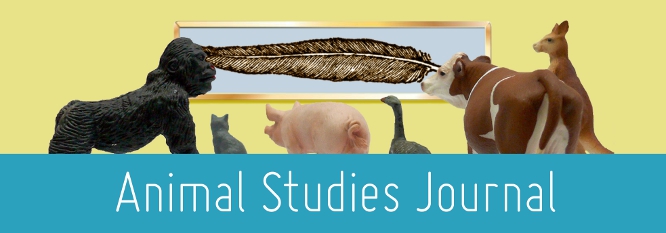Home > assh > ASJ > Vol. 10 (2021) > No. 1

Abstract
Unsurprisingly, the circumstances and challenges brought about by the COVID-19 pandemic have generated strong reactions. Among the more notable, Canadian musician and animal activist Bryan Adams made headlines when he went on a tirade on social media denouncing ‘fucking bat eating, wet market animal selling, virus making greedy bastards’ and advocating for veganism. This article uses this incident as a prism through which to examine the values and assumptions informing some of the central debates within the mainstream animal advocacy movement today. Certainly, there is an urgent need for a critical re-evaluation of the policies and practices that have created the conditions in which viral pathogens can spread, especially those relating to our treatment of nonhuman animals (and our relationship with nature more broadly). However, the roots of the problem are fundamentally structural, and not attributable to any one country or culture. The thoughtless use of terms that contribute to a politically charged and rancorous public debate readily descends into a lose-lose battle, which may hinder efforts to address complex and collective concerns in a mutually cooperative manner. If COVID-19 is to represent a turning point towards building a more equitable, sustainable, and resilient world for humans and nonhuman animals alike, the kind of fractioning that is currently being exacerbated by the use of divisive discourse must be eschewed in favour of a greater recognition of our fundamental interconnectedness, including through a more pluralistic understanding of law.
Recommended Citation
Lee, Angela, Greedy Bat Eaters versus Cruel Pig Killers: The Lose-Lose Battle of Divisive Discourse, Animal Studies Journal, 10(1), 2021, 140-185.Available at:https://ro.uow.edu.au/asj/vol10/iss1/9
Included in
Animal Law Commons, Critical and Cultural Studies Commons, Gender, Race, Sexuality, and Ethnicity in Communication Commons, Law and Race Commons, Law and Society Commons, Legal Studies Commons, Public Health Commons, Race, Ethnicity and Post-Colonial Studies Commons

